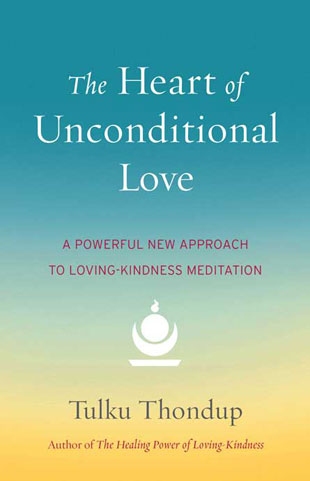"There are three ways to deal with challenging people, as advised in the teachings of Buddhism.
"1. The ordinary and simplest way is to avoid the person with whom you have a problem — whether, for instance, a harsh person who makes you angry or an attractive person to whom you are getting overly attached. Shift the focus of your mind to something helpful or unrelated, such as friends, flowers, music, or nature. If you don't give the person attention, your mind will be free of them. If the person is trying to hurt or provoke you, and if you do not respond, you neutralize them and they may become helpless in trying to inflict harm and provoke you. They may give up and even change their attitude toward you.
"The strategy of avoiding helps you as well as them. It saves you from being hurt by this person and saves the person from getting further into the habit of creating bad karmas.
"2. The intermediate way is to eliminate or pacify your negative emotions toward this person by applying a powerful antidote. Pure loving-kindness and compassion are antidotes to all negative emotions. ... Generate unconditional love by seeing even "foes" as your kind mother.
"3. The highest but most difficult way is to transform your anger, attachment, or other negative mental state into wisdom. If you have had any experience in meditation on the wisdom of loving-kindness that is free from concepts, as detailed in the Ultimate Buddha Stage, you should use that. That will be the most effective way to deal with challenging people.
"I'd like to add that, in dealing with difficult people, it is important to be guided, not necessarily by what you would like, but by what will be most beneficial to you, them, and others. That is how to best help the person you are dealing with as well as people at large.
"If you cannot resolve the issue in a loving, gentle way, then harsh and wrathful words or actions may be necessary if they will be beneficial. Atisha says:
" 'The supreme teachers are those who confront your hidden faults.
The supreme instructions are those that deal with your faults.'
"However, if you use harsh expressions, be sure that they come out of a peaceful mind and loving heart that wants to help others, like 'tough love' or like the wrathful Buddhas. Wrathful expressions must never come out of selfish intentions or negative emotions, such as wanting to hurt another. Patrul Rinpoche writes: 'There are times when the bodhisattvas are allowed to commit the seven unvirtuous deeds of body and speech, as long as their minds are pure and free from selfish intention.'
"If harsh words or acts come out of negative emotions, they become evil deeds, which will mostly hurt others and definitely oneself. So refrain from expressing them at all costs. If you feel yourself burning with the urge to say or do something negative, just be quiet. As Shantideva writes:
" 'When your mind wishes to get attached
Or get angry,
At that time, don't say or do anything.
Remain like a log.'
"So we must remember that the Buddha of Loving-Kindness is present in all that we see, hear, and feel — even in the ugliest, harshest beings. If we are skilled and open, we will see the loving-kindness of the Buddha everywhere, like the sun rays shining through even the thickest, darkest clouds. Seeing, hearing, and enjoying all beings in the qualities of Buddha's love, pray: OM MA-NI PAD-ME HUNG."
